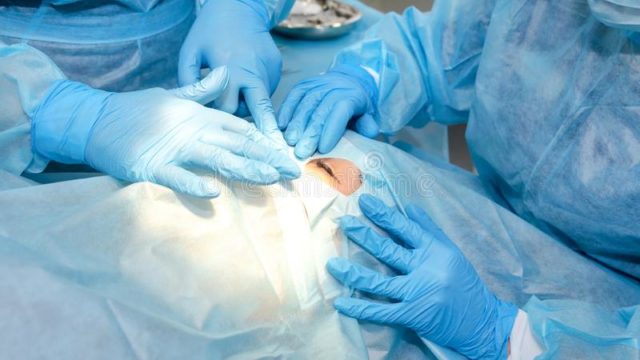In what appears to be a ray of hope, Dr Osinachi Evuline, a Specialist Optometrist, has said that 90 percent of all sight loss can be prevented and treated, if detected early.
Evuline said this while speaking with newsmen on the sidelines of the 2023 World Sight Day commemoration in Owerri on Thursday.
The International Agency for the Prevention of Blindness with the cooperation of the World Health Organisation has set aside the second Thursday of October annually to celebrate the World Sight Day (WSD).
Speaking on the year 2023 WSD theme, “Love Your Eyes At Work”, Evuline said that since the average person spent one-third of their life at work, workplace activities could make a great impact on a person’s quality of life, short-term or long-term.
She said that digital eye strains are becoming an increasingly big problem, as most work spaces are nothing without screens from tiny phone screens to computers and televisions, hence the need for preventive eye care.
“Your workplace computer, alignment of your desk, chair and lighting have a huge bearing on how your eyes function and if not managed properly can result in eye strain, headaches and long-term damage.
“If your work demands spending hours in front of a screen, then you should blink often to help your eyes remain lubricated as proper moisture, either from blinking or the use of lubricating eye drops, keeps the eyes comfortable, especially during work.
“Also, wear your prescription glasses, lenses with the blue-light filter or anti-glare glasses to help reduce discomfort and strain, especially while staring at your screen for long hours,” she said.
Evuline advised workers to follow the 20-20-20 rule, which is to look at something 20 feet away for at least 20 seconds every 20 minutes.
She said that this rule, when adhered to, helped to relax the eyes and save the body from unwanted strain and pain.
The optometrist counselled further that computer screen brightness, contrast, colour, temperature, text size and display be adjusted 15 degrees to 20 degrees below eye level and 50cm to 70cm away from the eyes to protect vision.
She recommended that outdoor workers wear protective, work appropriate eye glasses to prevent harmful ultra-violet rays from the sun from damaging the photosensitive structures in the eyes.
Evuline cautioned against smoking, saying that it made a person more susceptible to age-related macular degeneration and other eye conditions such as cataracts.
She added that smoking could also damage the optic nerves, causing loss of vision overtime.
According to Evuline, those who may need to rub their eyes should frequently wash their hands while everyone working outdoors over prolonged periods should take enough water to remain hydrated and improve eye health.
“Outdoor workers must reduce the dehydrating effect of sunlight by taking enough water to lubricate the eyes and eating a balanced diet.
“Everyone should get enough sleep. Just like the rest of the body, the eyes need to recharge too, and this happens when a person sleeps.
“Ninety percent of all sight loss is preventable or treatable. The majority of eye diseases can be treated or their progression slowed, if detected early.
“Good vision increases productivity at work, improves earning potential and enhances quality of life. Don’t joke with it,” she advised.



